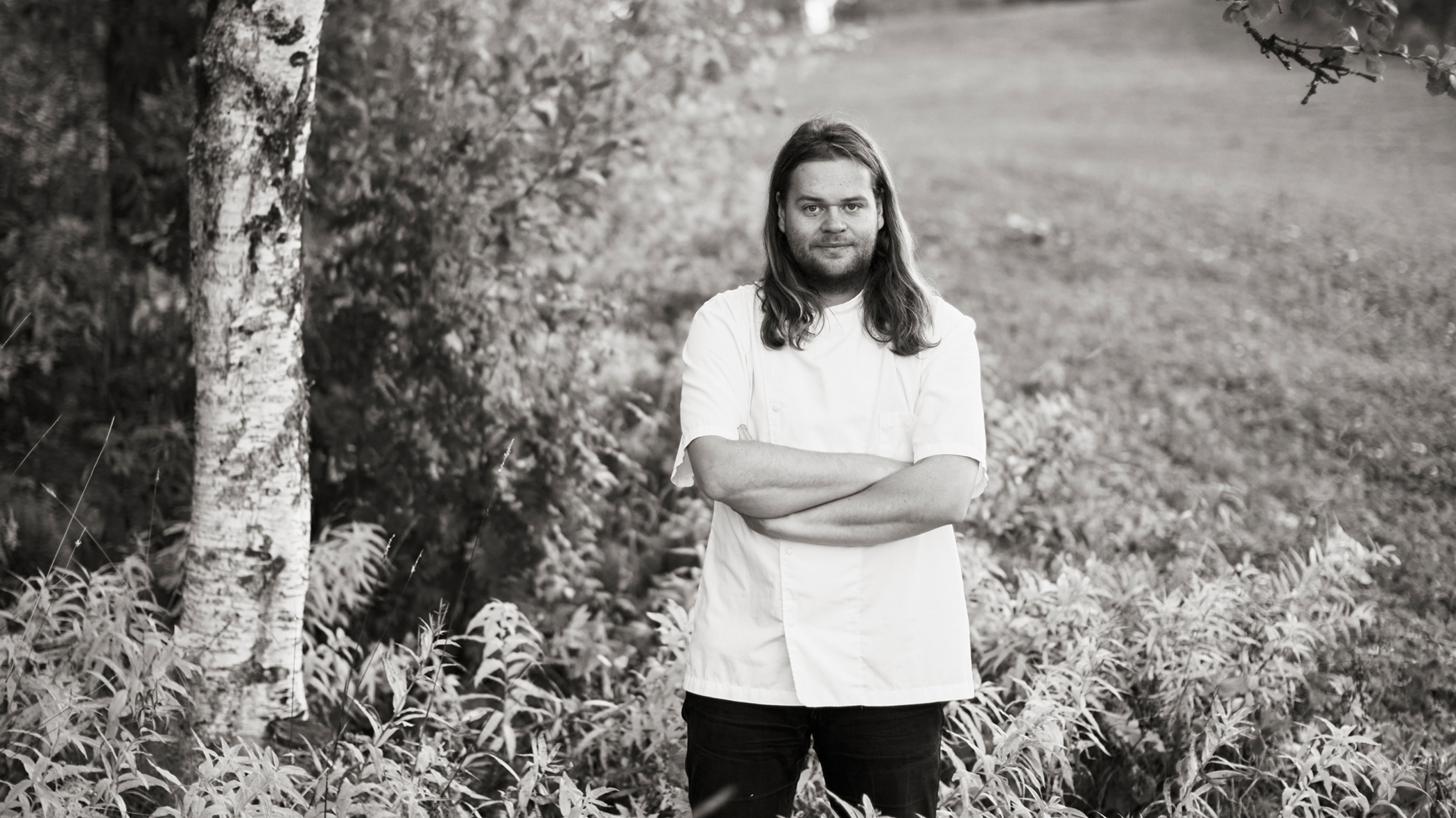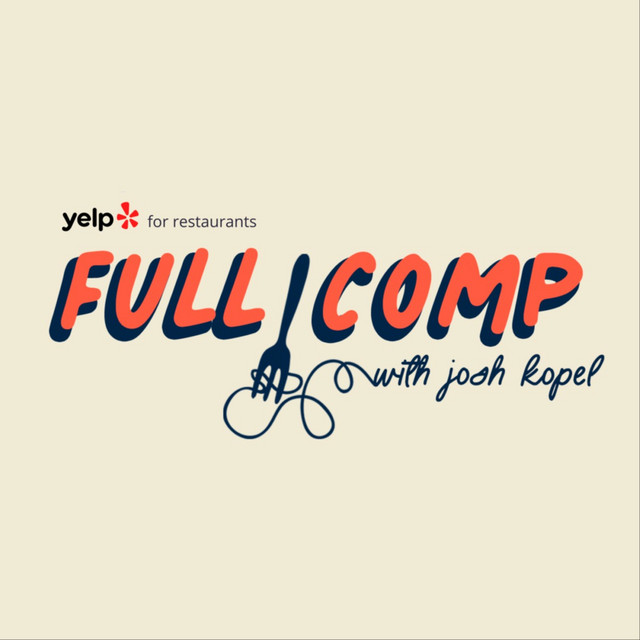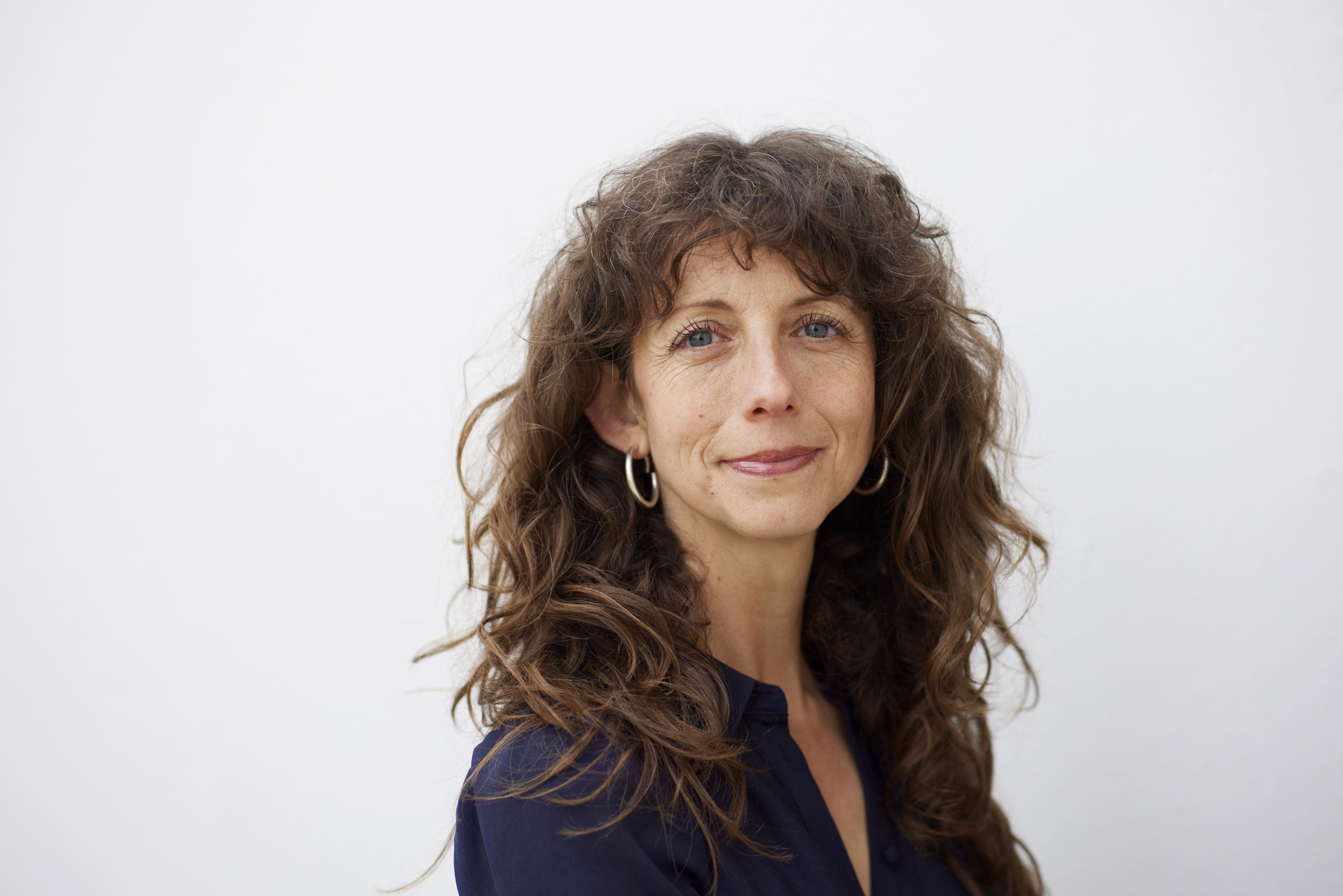5 Questions with Sean Gabbiani
Asked where he is from, Sean Gabbiani usually responds with “It’s complicated.” Half American, half Italian, born in France and raised in a handful of European cities, the multilingual (six and counting) chef and two-time MAD Academy alum has called many places home, including Copenhagen. There, after a long and not-always-pleasant stint in fine dining, he joined together with good friends (including one he met at Academy, Laura Cabrera) to open Bredo, in pursuit of creating a restaurant that’s about a lot more than just great food.
–
You came to Academy for the first time in 2019 for the Environment & Sustainability program – what was the most impactful part for you?
“I remember I applied quite impulsively and it’s crazy how this ‘small’ decision absolutely changes your life—it honestly changed my life. It’s a really well-designed course that tackles issues in a holistic way, it also resonates with the industry because it’s extremely practical. Specifically, I’m a huge fan of Doug (McMaster) and have followed Silo for years. There’s no greenwashing, they’re the real deal that truly practice what they preach. Combining this knowledge with a dive into climate change, the immediacy and the bigger picture, it was very humbling. And as a cook, I can really see the change. Strawberry seasons are just getting shorter and shorter. Last year’s grain season in Denmark was also absolutely atrocious because of the change in rain cycles.”
As a big fan of Doug, is rescuing food waste close to your heart too?
“If you look at older styles of cooking, it’s all zero-waste. You just didn’t throw things away. I’ve always kept bits and trims to reuse, it’s a massive hobby of mine. Even now at Bredo, they’re constantly like: ‘Oh my God, more?!’ I think the last thing I made was a celeriac serum from peels I saved. On the farm at L’Enclume, thankfully, I had a lot of opportunities to experiment. You’d have such incredible prime produce for service, which then meant great off-cuts that you could get really creative with.”
You came back to MAD for the Leadership and Business program after the pandemic, where you actually met your colleague Laura Cabrera, but was there a particular reason why you returned?
“I was working with The Greenhouse at the time and had just been promoted. I knew leadership wasn’t an inherent thing – it’s a learned skill. Things were also starting to crystallize. I thought: what’s my 15-20 year plan? And it’s obviously to open a restaurant. In this industry, the constant need for perfectionism can manifest in very dark ways. We’re all human, we feel stress, anxiety, and fear. It’s a cliché, but I was thinking: How do I step up? How do I treat my future colleagues in the best way possible?
There was also one experience that has stuck with me. At L’Enclume, I had an incredible commis. He was only maybe 17-18 and such a hard worker. We were in service, and I was getting yelled at by my sous chef. I then passed on that frustration and absolutely exploded at our commie, he took it without saying anything, but as soon as I left, my colleagues said he started crying. I ruined his whole fucking week. In my anger, I’d forgotten just how hard he was pushing himself and taken his dedication for granted. I apologised after and we’re still friends. But that’s not an incident I ever want to repeat.”
Given your experience with that kind of culture, how do you see things changing? Do you see a future for fine dining?
“Personally, I think there’s a society societal shift moving away from fine dining in general. I feel like in the ‘90s and 2000s, there was a lot of wealth signaling. Of course, there are people who actually care about the food and purpose, but for many, it’s about being able to show where you can afford to eat.
Now, there are a lot more social pressures, and we’re in much harder economic times. Huge displays of wealth are less socially acceptable. I also feel this new wave of fine dining has been much more successful because it’s a lot more casual and approachable. There are many people who would rather not have all this stuffiness when it comes to eating a great meal. I also hope this sort of awareness will be reflected in better hospitality work cultures.”
You mentioned your dream is to open a “net-positive restaurant” (no easy feat!). What does that mean, and how are you going to go about it?
“I’m a chef, I love what I do, and this is what I do best. But you need to trust the expertise of others. So, first, I’ll be running workshops with friends in architecture, design, engineering, ingredient development, and green energy. And, together, we’ll figure out what it takes to create a truly sustainable restaurant. My goal is to open a delicious community restaurant without an inaccessible price point. Simple. Is it a great place to work? Yes. Is the food fantastic? Yes. Is it affordable? Yes. And do we have a purpose? Absolutely: we’re conscious of our environment, our staff, and the people we serve. The workshop will basically provide the restaurant blueprint.”




